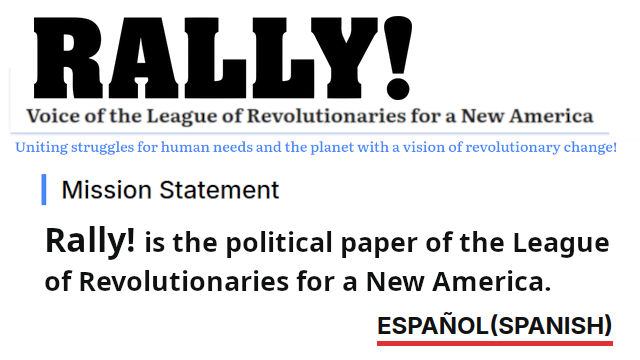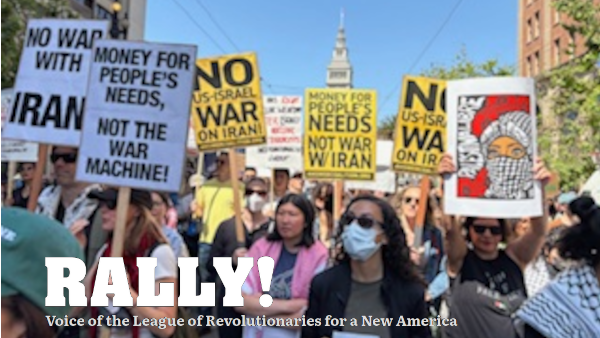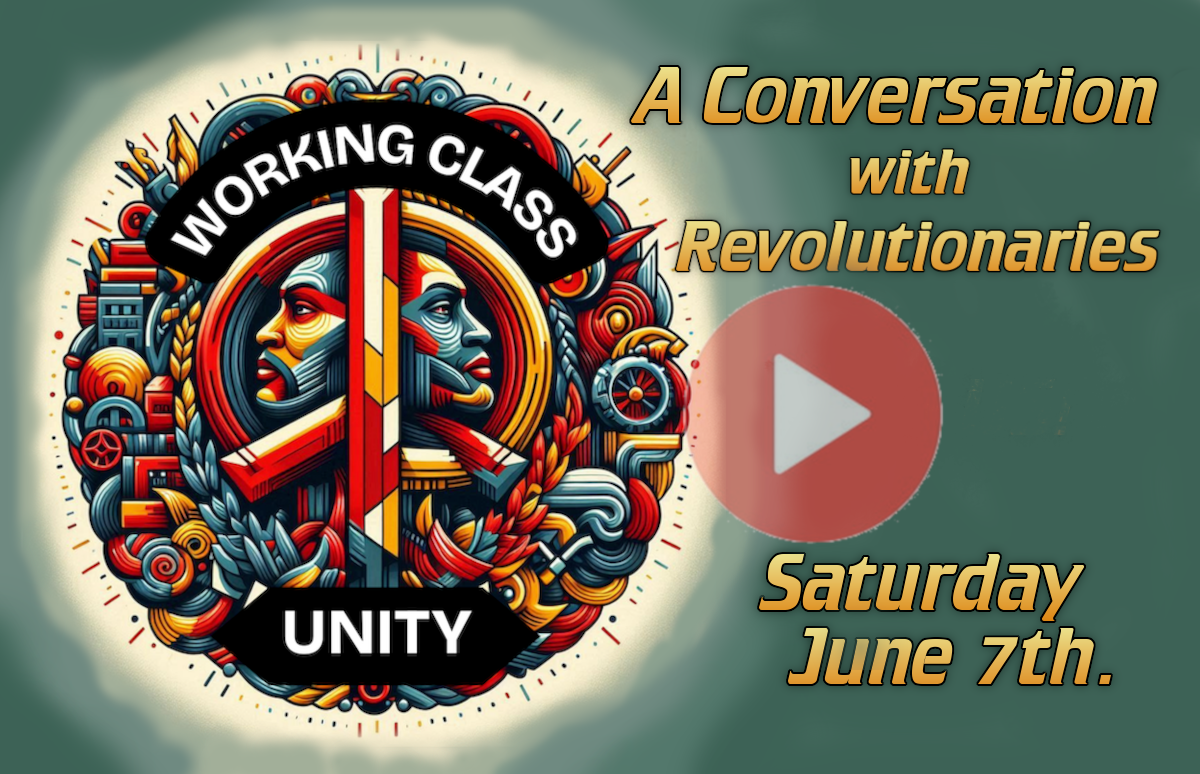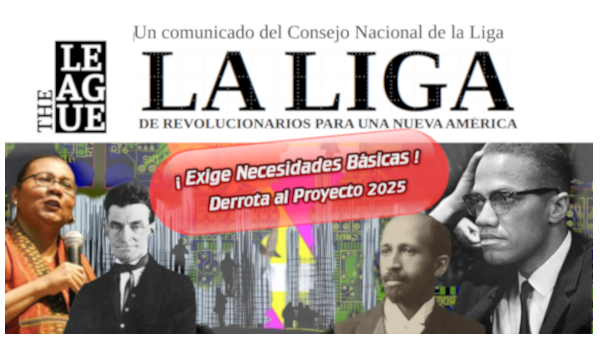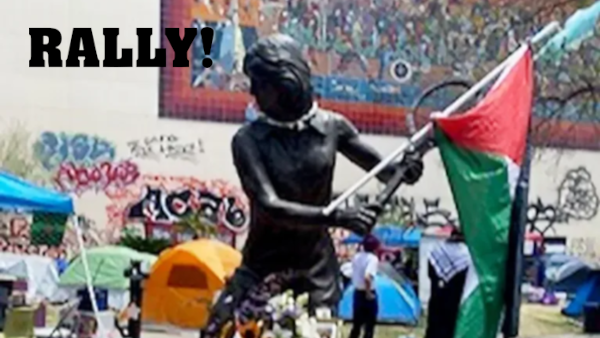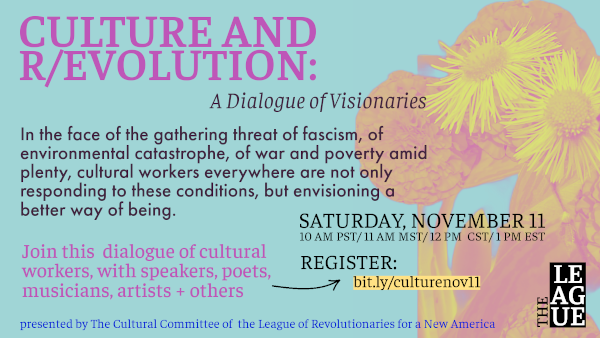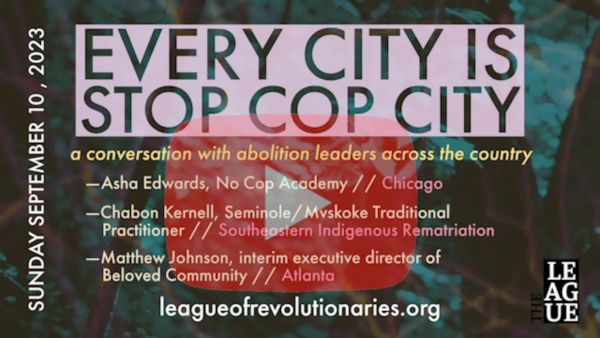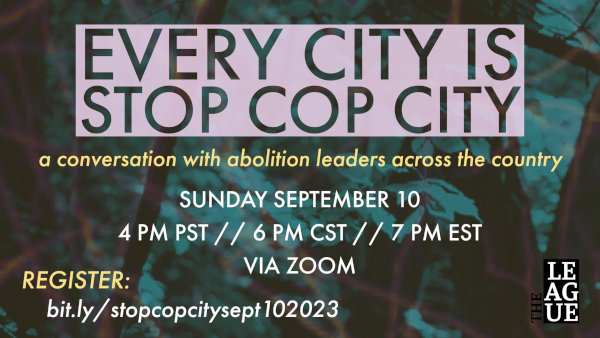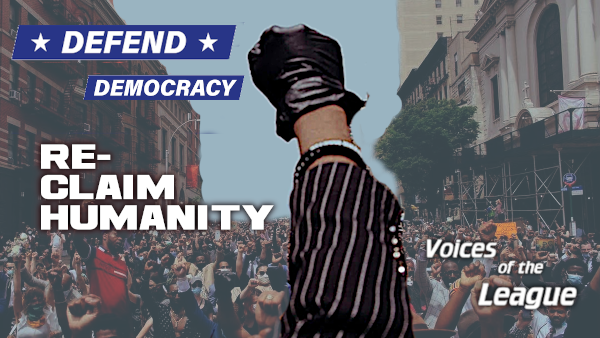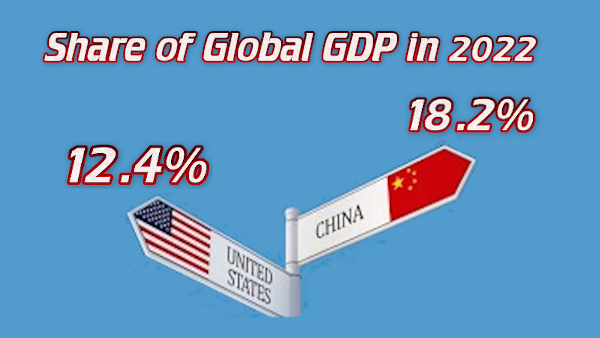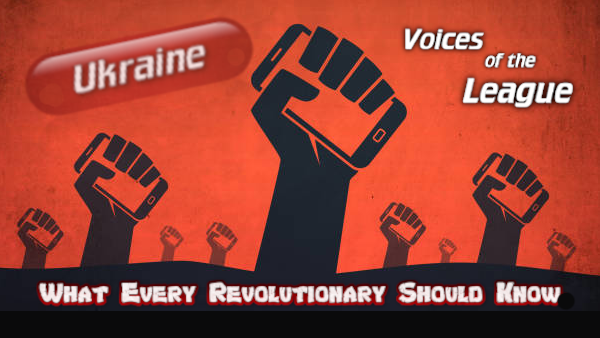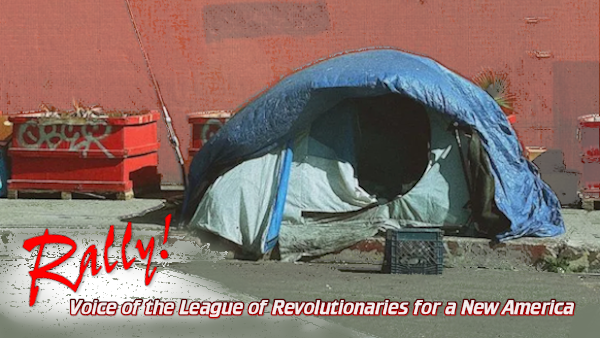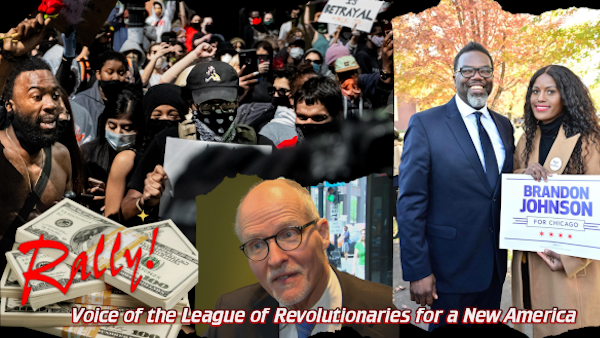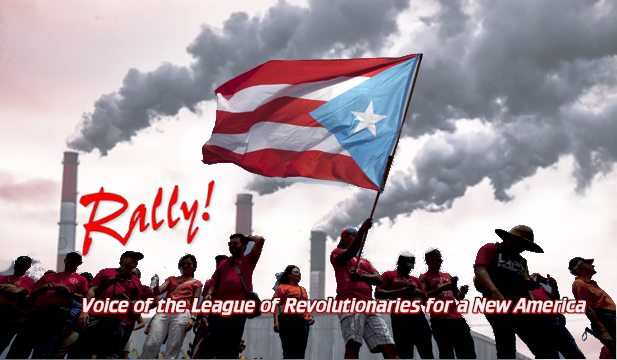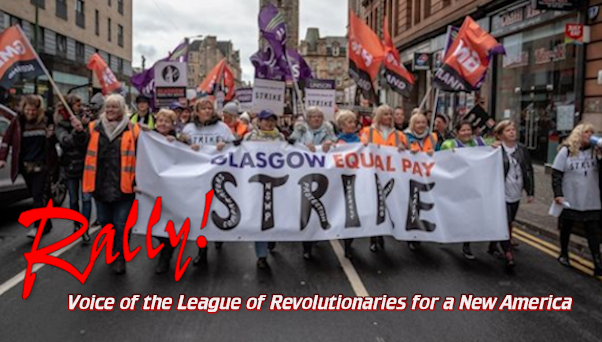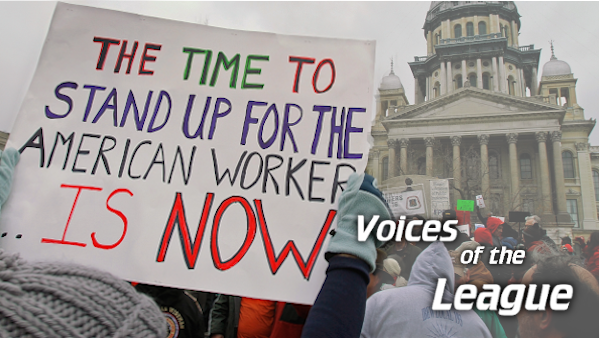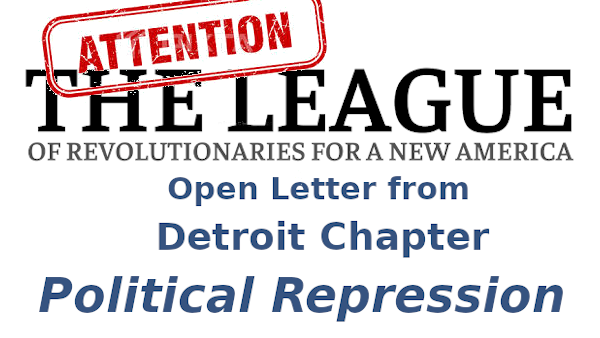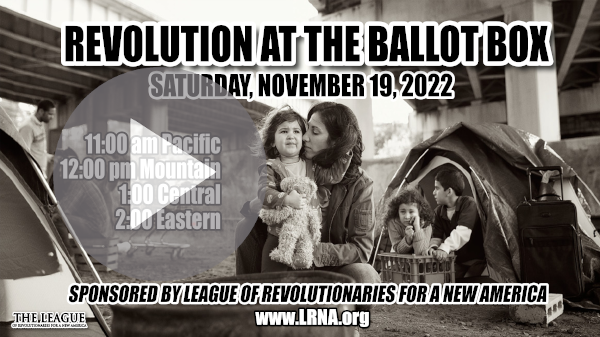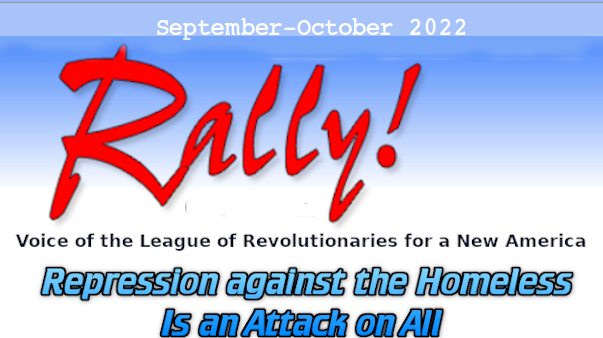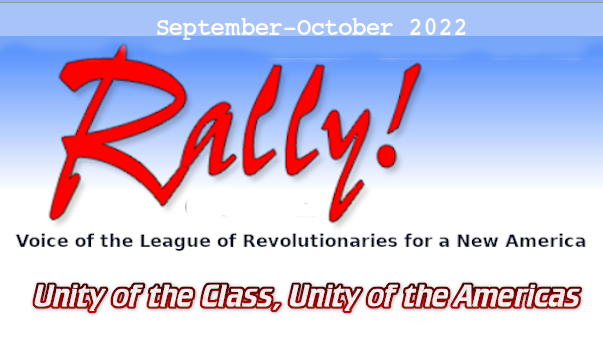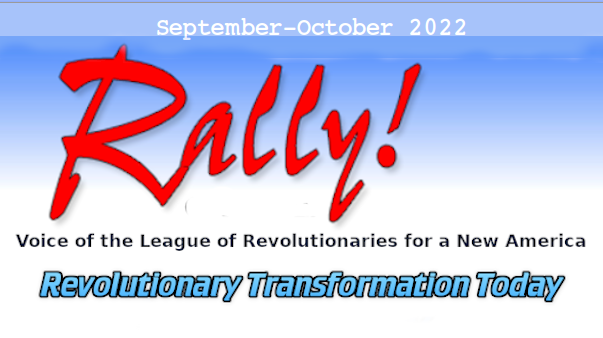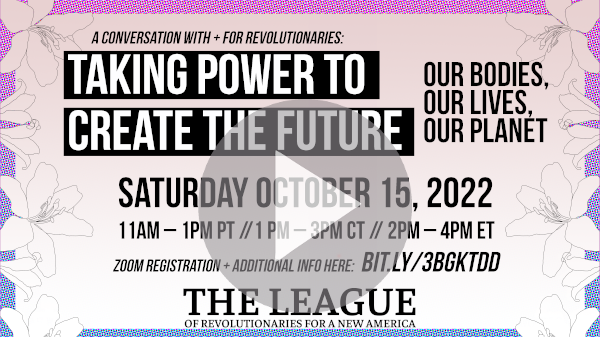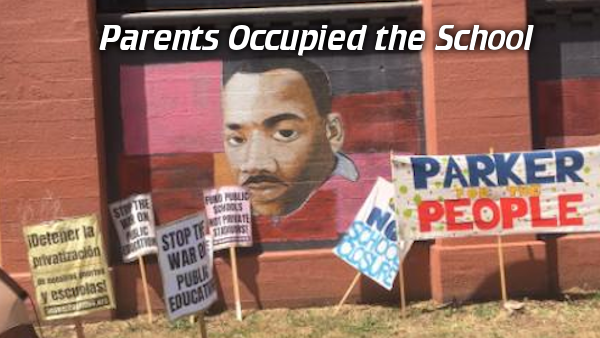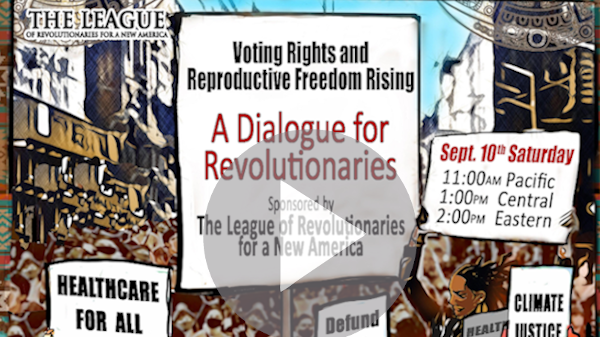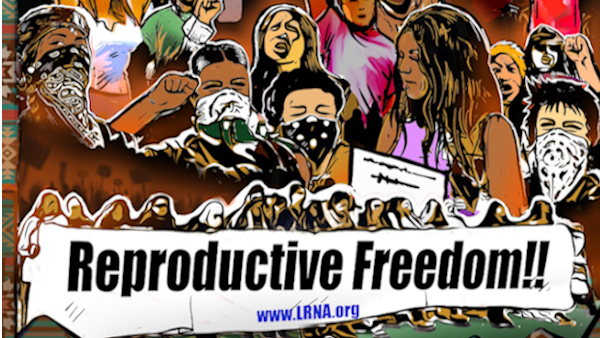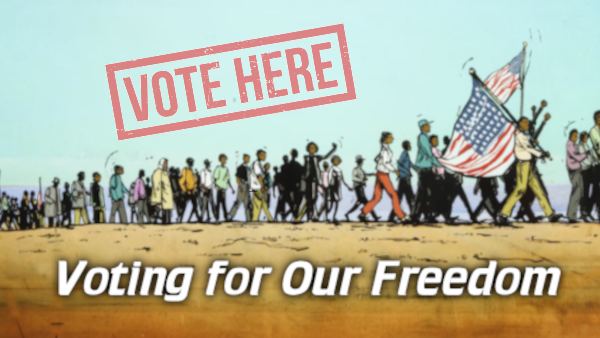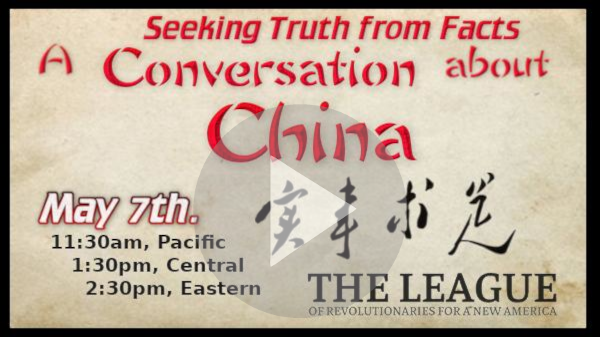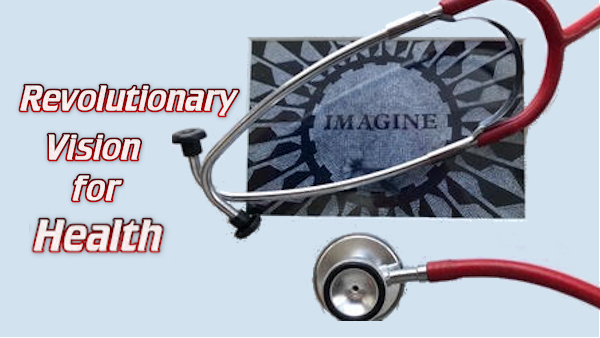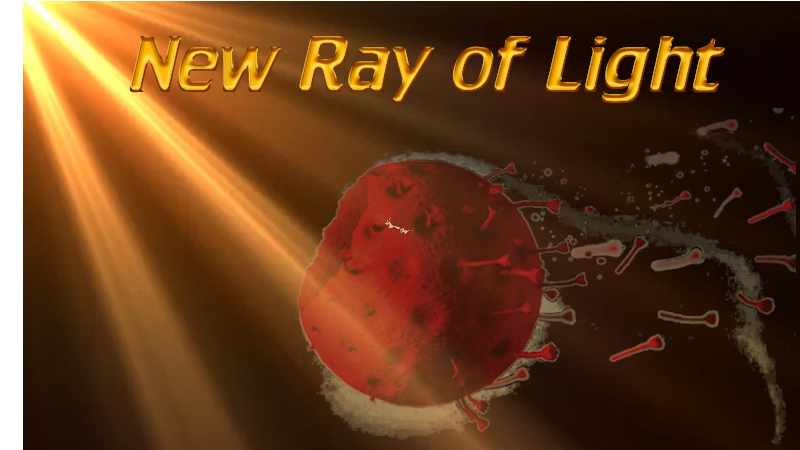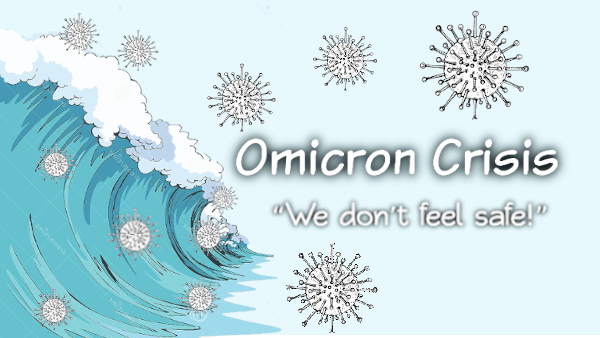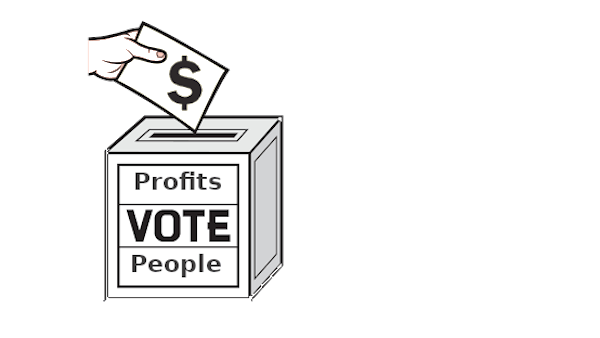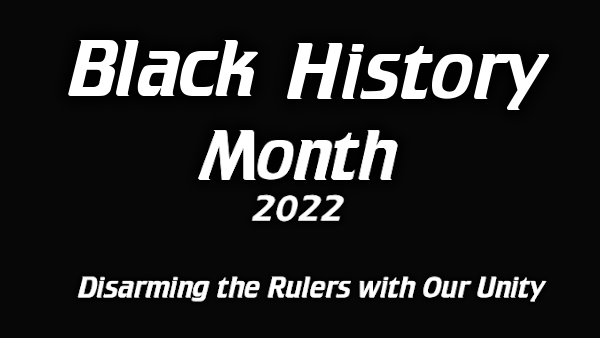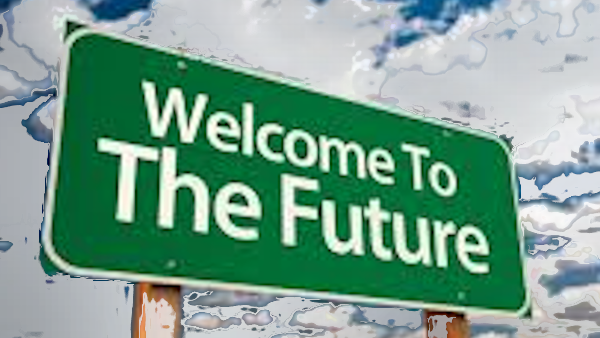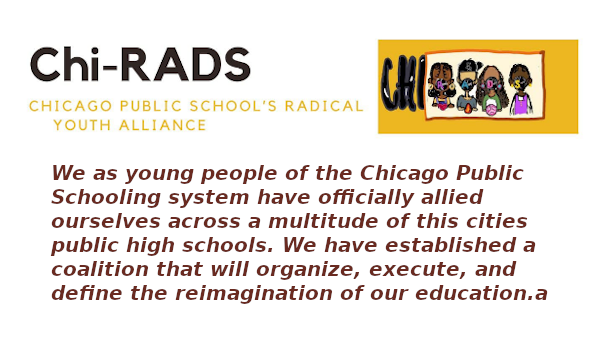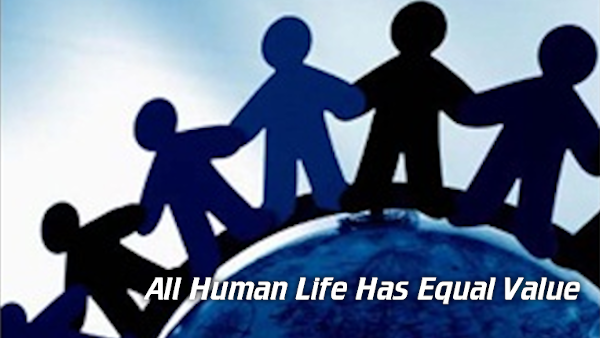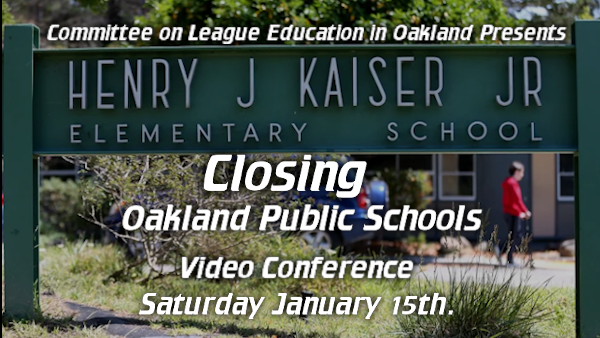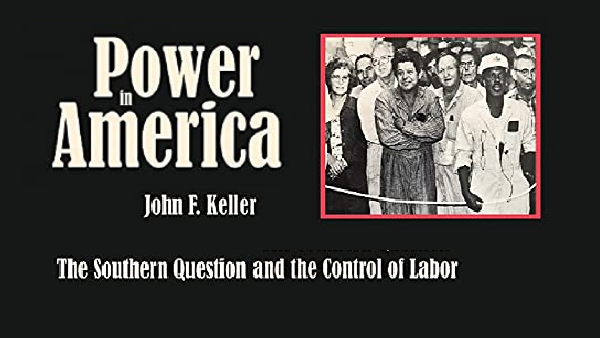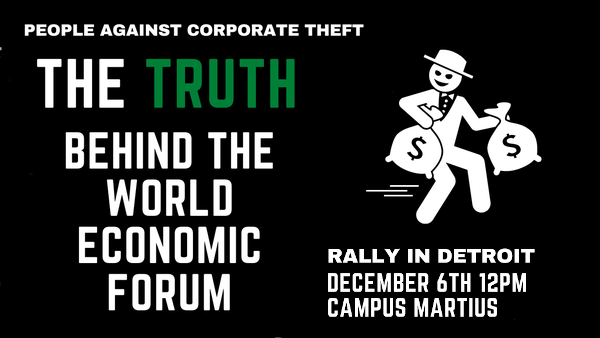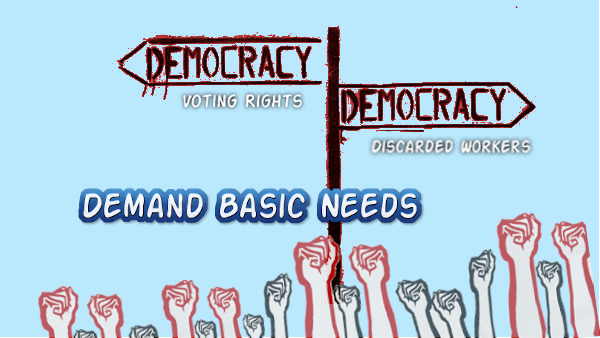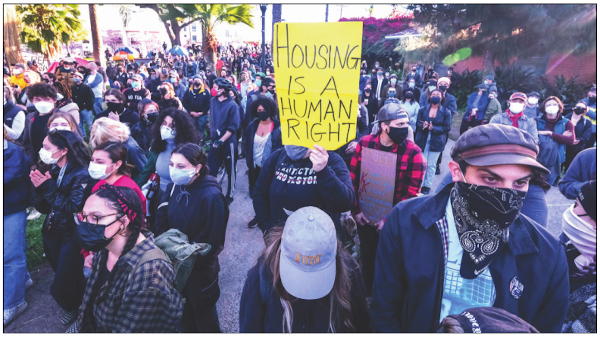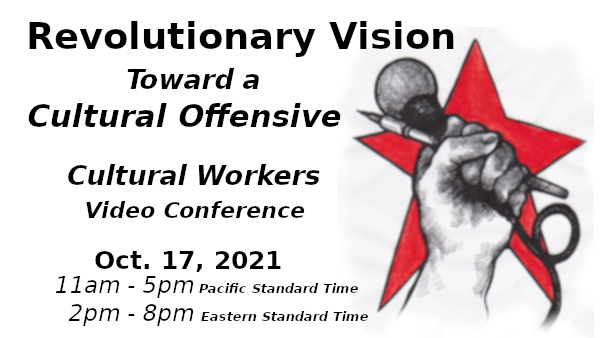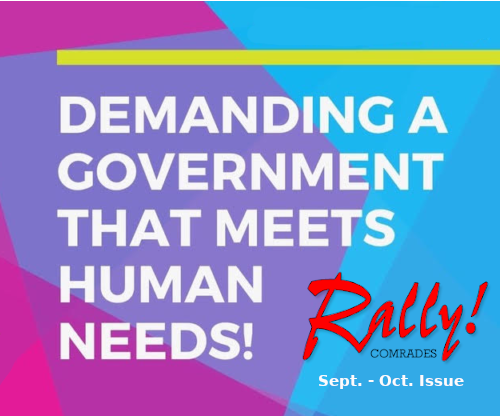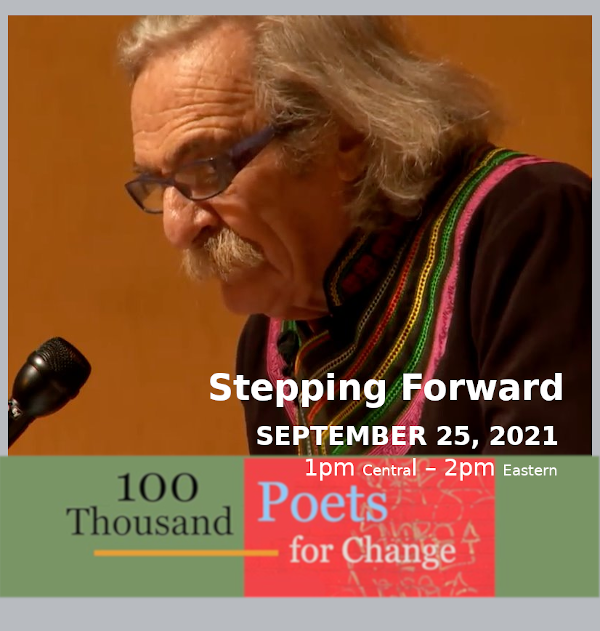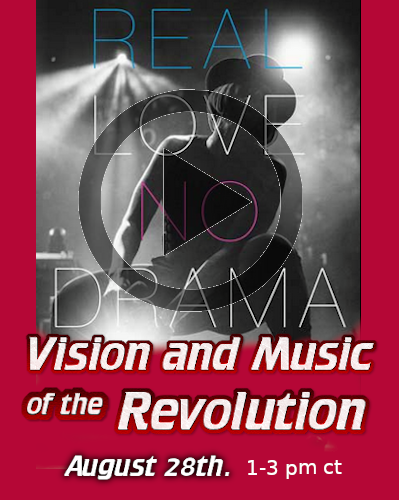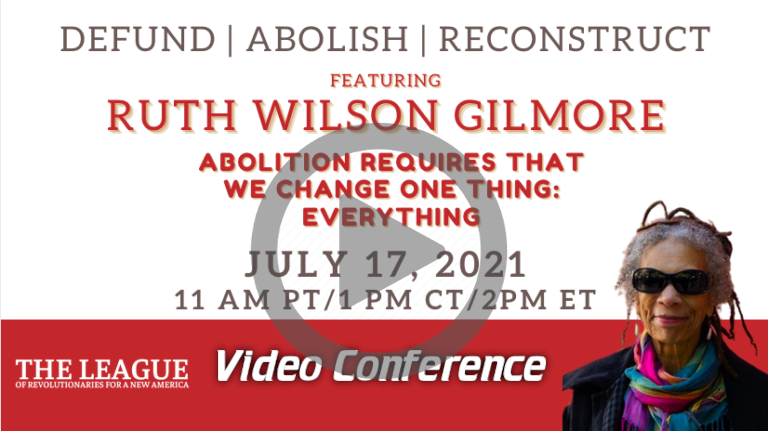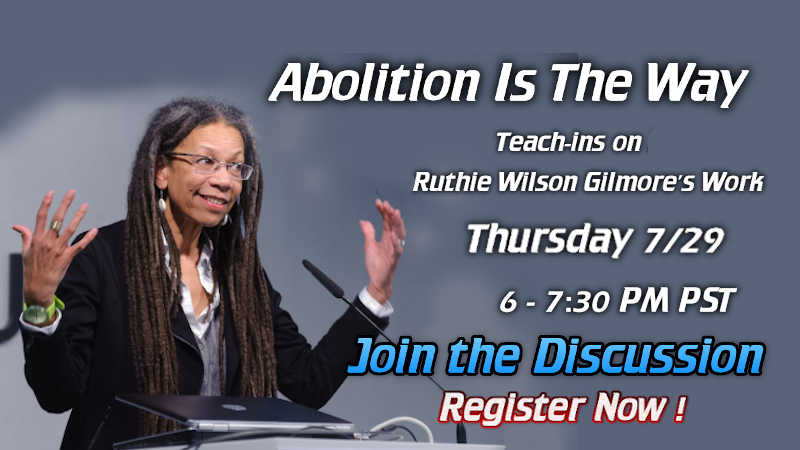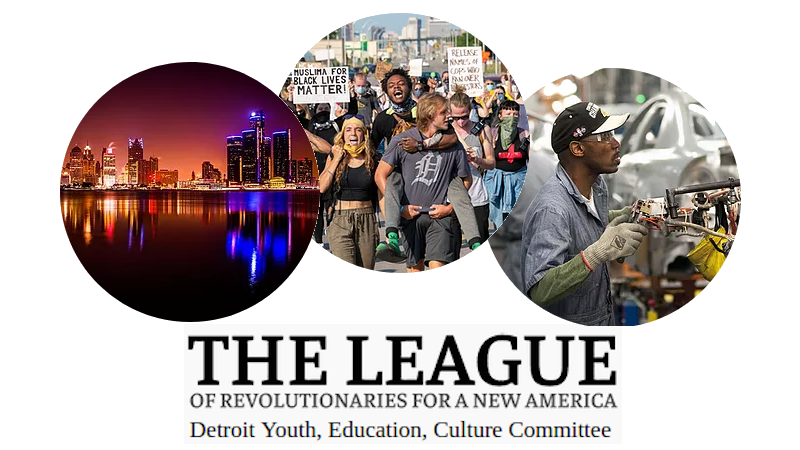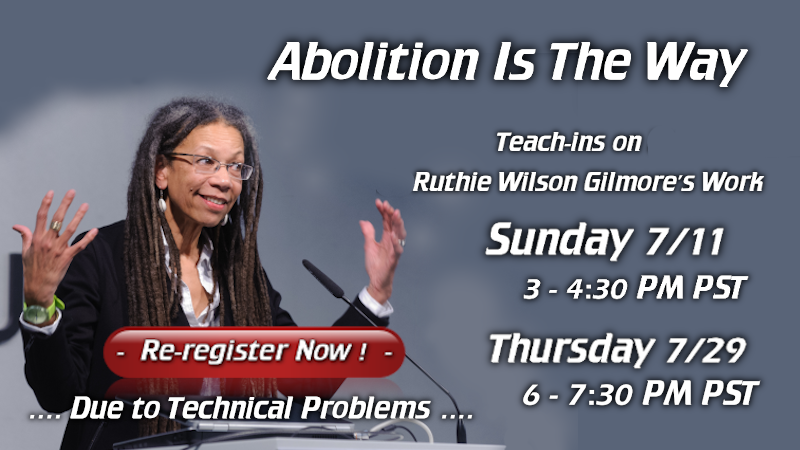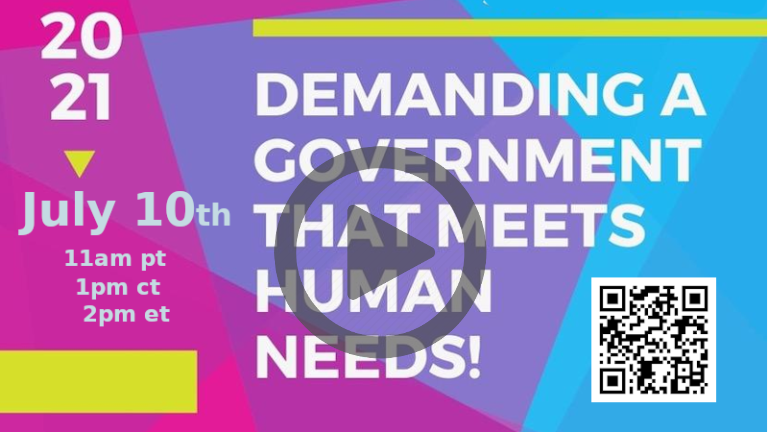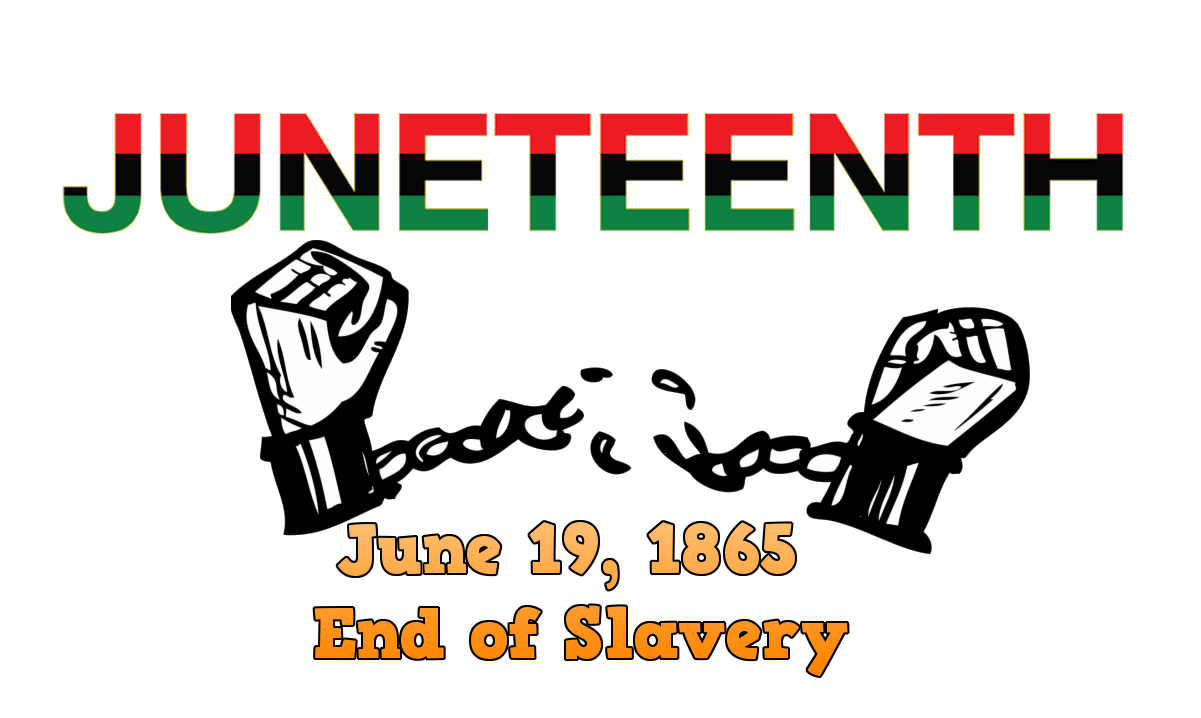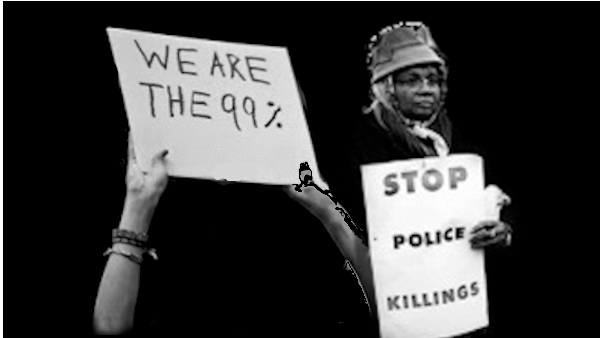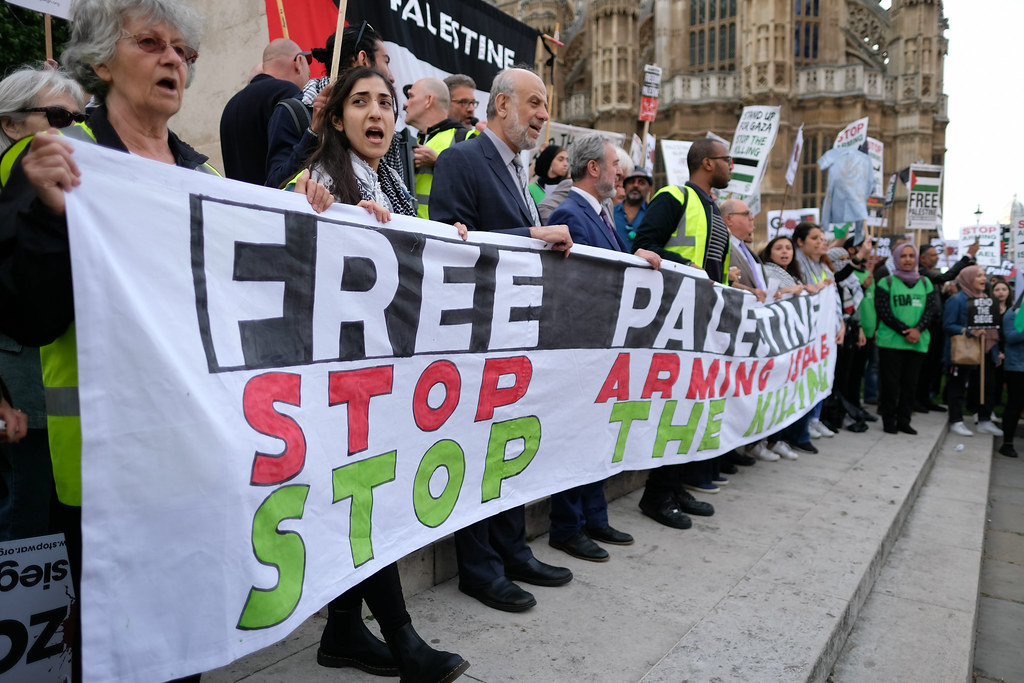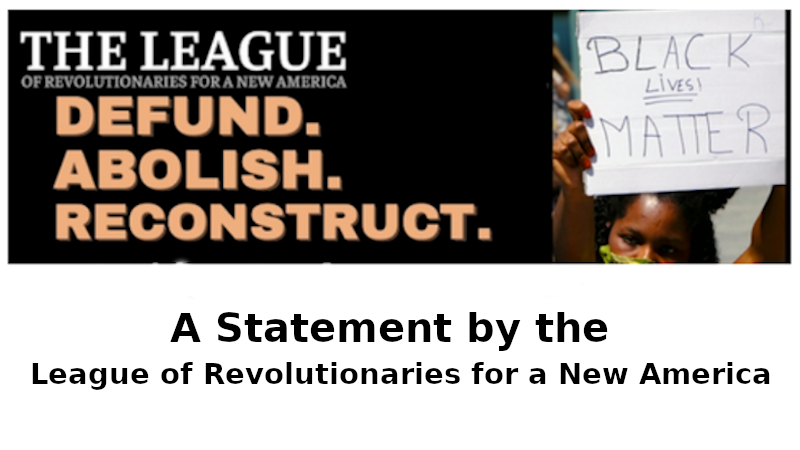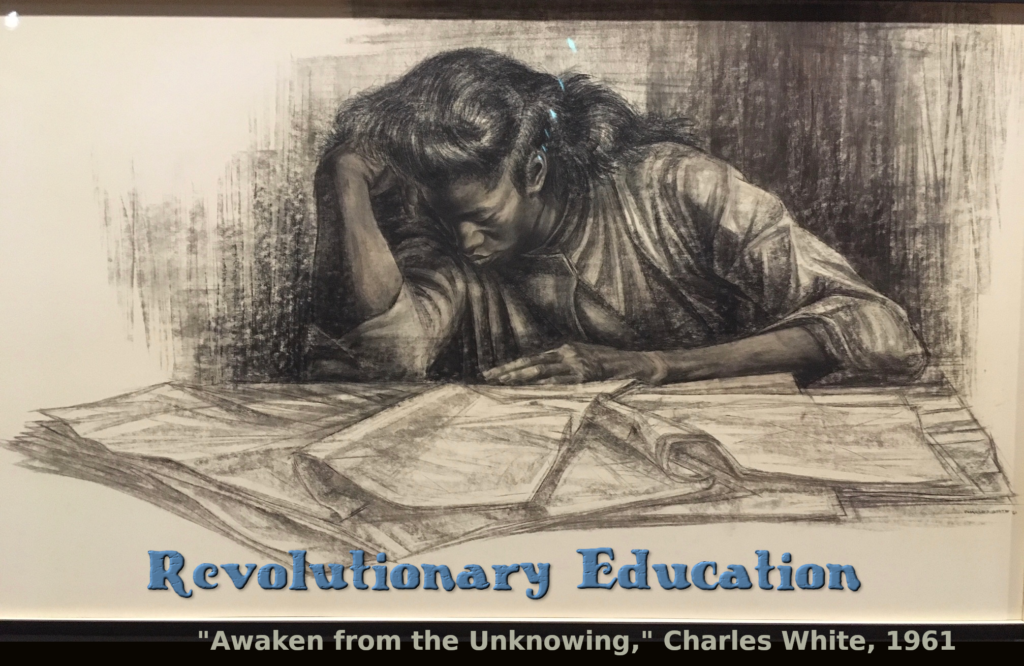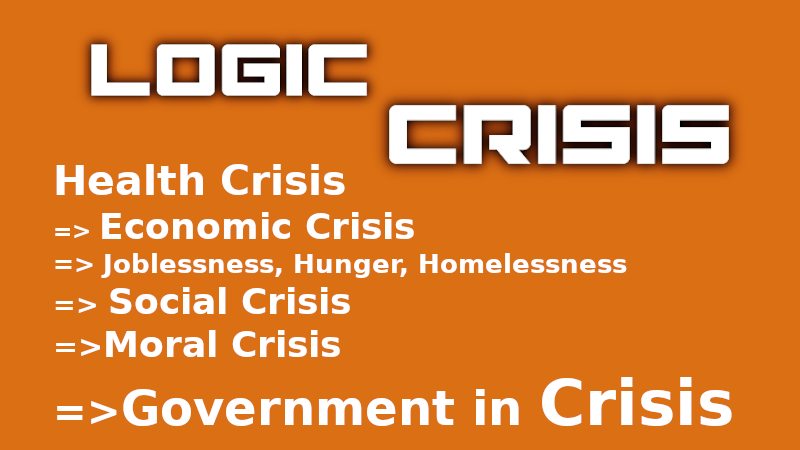May Day: To Understand is to Hope
May Day
To Understand is to Hope
Hope: to cherish a desire with anticipation; to want something to happen or be true.
Understand: to grasp the meaning of.
(Merriam-Webster Dictionary)
On this May 1st, International Workers’ Day, the struggle for immediate needs is finally being drawn into closer connection with the historic struggle for systemic change. Capitalism cannot provide the economic security it once did, and humanity’s hopes for a better world can now stand on the firm foundation of this understanding.
Since March 2020, over half a million people infected with COVID-19 died because of U.S. government and health corporation neglect. More Americans voted than ever before, throwing Donald Trump out of office and expressing their demand for the government to protect them. And almost exactly one year ago in Minneapolis, on May 25th, George Floyd died at the hands of police, as had so many African Americans before him. The movement to stop these murders quickly grew into the biggest sustained protest in American history, with millions fighting in hopes of making things better.
When the fighters and voters of 2020 witness the Biden Administration serve the corporations and their ruling class owners during 2021, there will be an explosion of anger instead of hope. However, lost hope and anger alone cannot guide the struggle without political consciousness.
Witness the millions who voted for Trump out of anger over deteriorating conditions, only to have their anger misdirected against immigrants and other vulnerable social groups, while nothing was done to solve their actual problems.
Our hopes for change must rest on a clear understanding of the social destruction that’s underway and how revolutionary change can be developed out of it. For over one-hundred and thirty years, International Workers’ Day on May 1 has served as a rallying point for that kind of thinking. In the late 1880s, this holiday was organized to unite industrial workers internationally as they fought for the 8-hour day. By 2006, millions in various countries marched on International Workers’ Day in defense of undocumented migrants.
And for all those years, May Day events included socialists and communists who inspired working people with a vision of a future without capitalist exploitation. Nevertheless, capitalism continued to extend its reach throughout the world, and during its enormous expansion, the struggles for concessions and for systemic change were conducted somewhat separately from each other. Workers could sometimes win immediate battles but not destroy the class power of the owners of capital.
Today, the electronic revolution is destroying industrial capitalism and its ability to provide jobs and incomes to the extent it once could. Capitalism’s defining characteristic is that owners of capital exploit human labor to produce commodities, which workers must purchase with their wages to live. Labor-replacing technologies, like industrial robots, are completely shattering that relationship.
Society is polarizing into two great camps — one side possessing the vast wealth of society, the other living permanently in abject poverty and want. This has birthed a whole new social class, useless to a capitalist class that no longer needs them. “Social class” refers to the roles different sectors of the population play within the production of society’s wealth. Though it’s common to hear people describe America’s classes as upper, middle, and lower, actual class relations of production involve more than just a group’s level of income. The workers that electronic methods are expelling from their previous, more stable roles are becoming part of a new propertyless “proletarian” class, whose ranks are being filled from many social strata.
For example, among the still-employed sector of this new class, about a third are part-time, contingent, below minimum wage workers. Immigrants are a big part of this sector. Another growing part of the new class are those who were once securely employed and housed and now are part of the structurally unemployed, facing absolute destitution. Their old lifestyles acted as a social bribe to win their loyalty to the system, so this bribed section of workers would connect the mass of workers to the capitalist class. Many are educated, socially conscious, and used to organization, so the destruction of their old position can be of enormous political benefit to the class struggle.
While it is traditional for May Day discussions to focus on strikes and other struggles over working conditions, today’s disruption of the economic role of millions of workers has reduced their ability to effectively bargain for better conditions. This has weakened the labor unions and allied organizations, whose struggles were once the focus of May 1st celebrations. There will still be strikes and labor actions by the employed workers, but the growing mass of unemployed and homeless can’t get their needs met that way.
These members of the new class must confront the State to achieve their demands. Permanent exclusion from obtaining their basic needs compels them to fight for the government to ensure the distribution of the social product according to need. And high technology automation produces such abundance amid such poverty that distribution by need is not only necessary, it is now also possible.
Struggles by the new class for free universal healthcare and an end to homelessness may intend to merely reform the system, but will actually require the transformation from a system of capitalist private property to one where society owns the means of production. That defines a communist economic system, whether it is called that or not. It makes the struggle of the new class inherently revolutionary, despite still having to overcome historical social divisions of color, region, etc.
Those divisions can be overcome through united struggle for basic needs, reinforced with the class political understanding provided by conscious revolutionaries. On this International Workers’ Day, while the struggle for immediate needs is being drawn into closer connection with the historic struggle for systemic change, there is finally a material basis for humanity’s hopes for a better world to become realized. RC
May/June 2021. vol.31. Ed3
This article originated in Rally, Comrades!
P.O. Box 477113 Chicago, IL 60647 rally@lrna.org
Free to reproduce unless otherwise marked.
Please include this message with any reproduction

